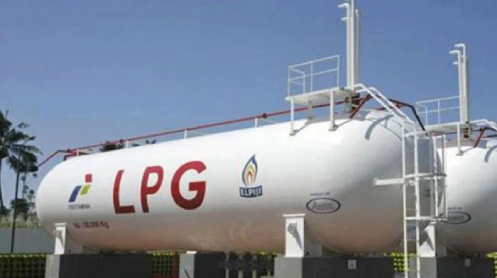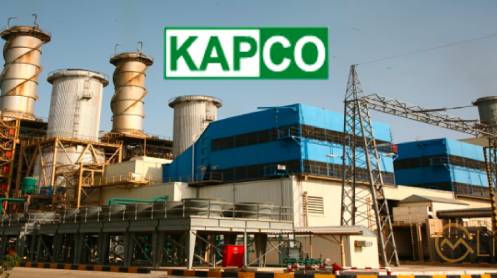ISLAMABAD: The government has proposed stringent penalties for unauthorised handling and storage of liquefied petroleum gas (LPG) and explosives, designating them as non-bailable offenses. Violators could face up to 14 years of rigorous imprisonment and fines as high as Rs20 million, aiming to enhance public safety and deter illegal activities.
Currently, offenders face minimal penalties of up to six months in prison or fines of Rs3,000, deemed inadequate by the Oil and Gas Regulatory Authority (Ogra). “The current laws fail to reflect the severity of the risks posed by such violations,” said an Ogra official.
Proposed amendments to the Pakistan Penal Code (PPC) and Criminal Procedure Code (CrPC) include:
Section 294-D: Unauthorised storage and handling of petroleum and explosives would carry up to 10 years of imprisonment and fines of Rs10 million.
Section 294-E: Unauthorised manufacturing of equipment or machinery would incur penalties of up to 10 years of rigorous imprisonment and Rs20 million in fines.
Section 294-F: Unauthorised actions causing danger, injury, or damage to property could result in up to 14 years in prison and fines of Rs10 million.
Ogra submitted these amendments for review by the Law Division and other ministries, with the Cabinet Division currently deliberating further steps for legislative incorporation.
In parallel, Ogra has intensified safety protocols for the LPG sector. Manufacturers of LPG bowzers and storage tanks were directed to comply with strict standards, limiting bowzer capacities to 30 metric tons, with a 15% tolerance.
During a high-level meeting chaired by Ogra Member Oil at its Lahore office, enforcement measures against unauthorised manufacturers were discussed. Plans to collaborate with local administrations to crackdown on illegal practices were also announced, reinforcing the government’s commitment to public safety.
Officials anticipate that these stricter regulations and enhanced penalties will significantly reduce the risks associated with LPG handling and storage.
Story by Israr Khan





